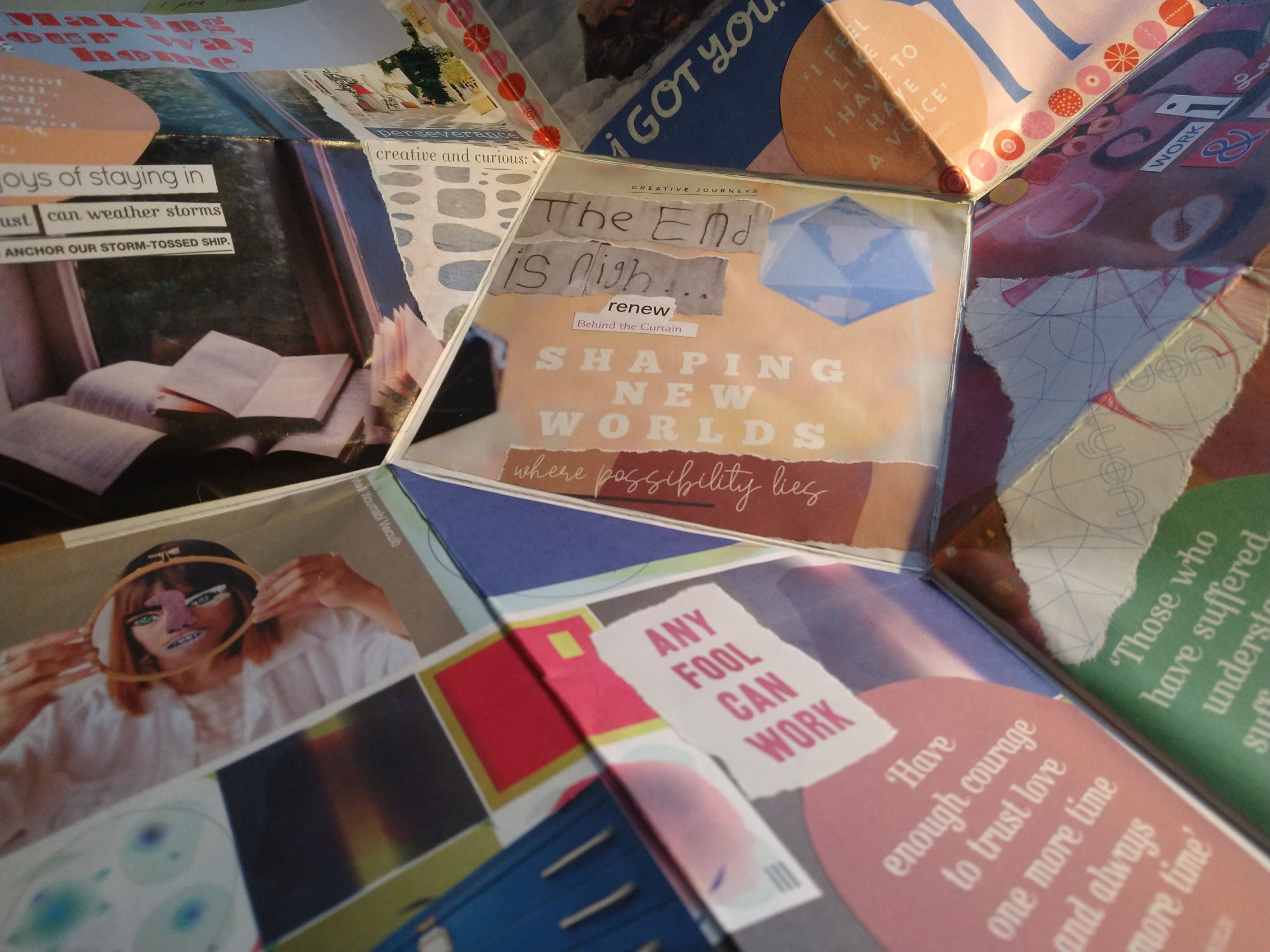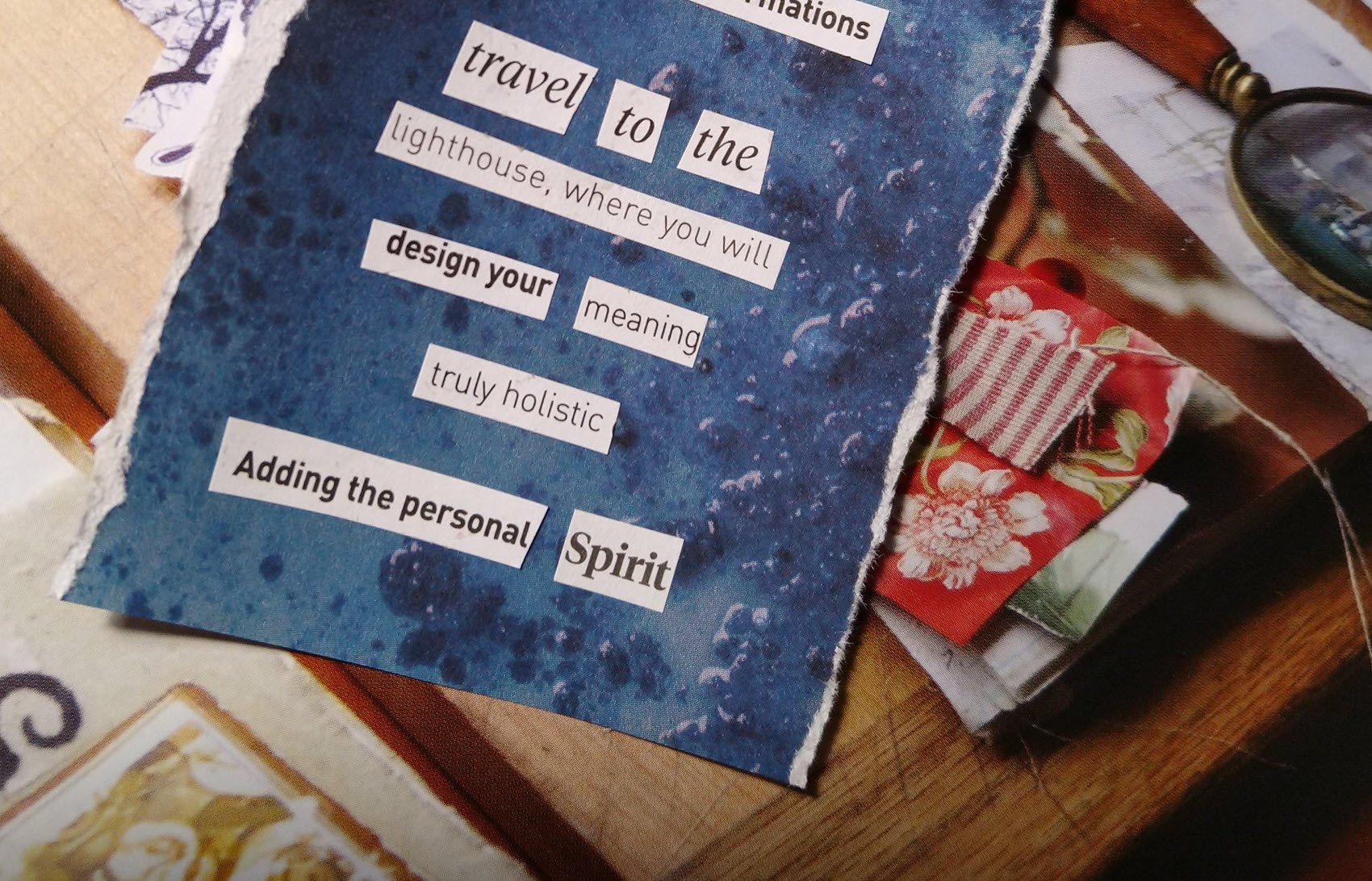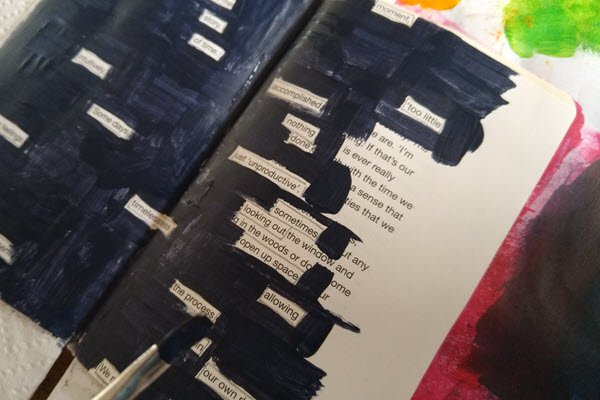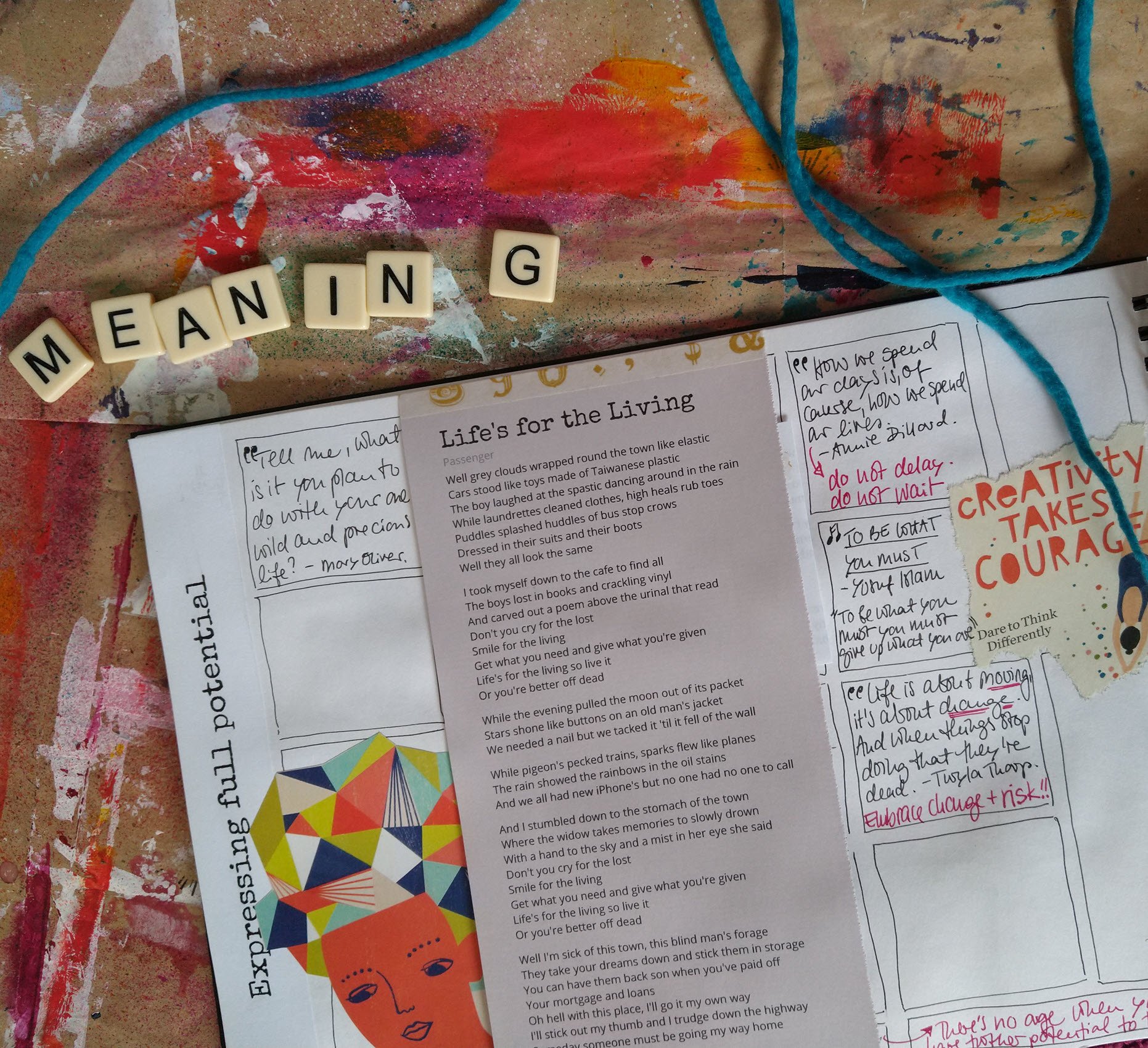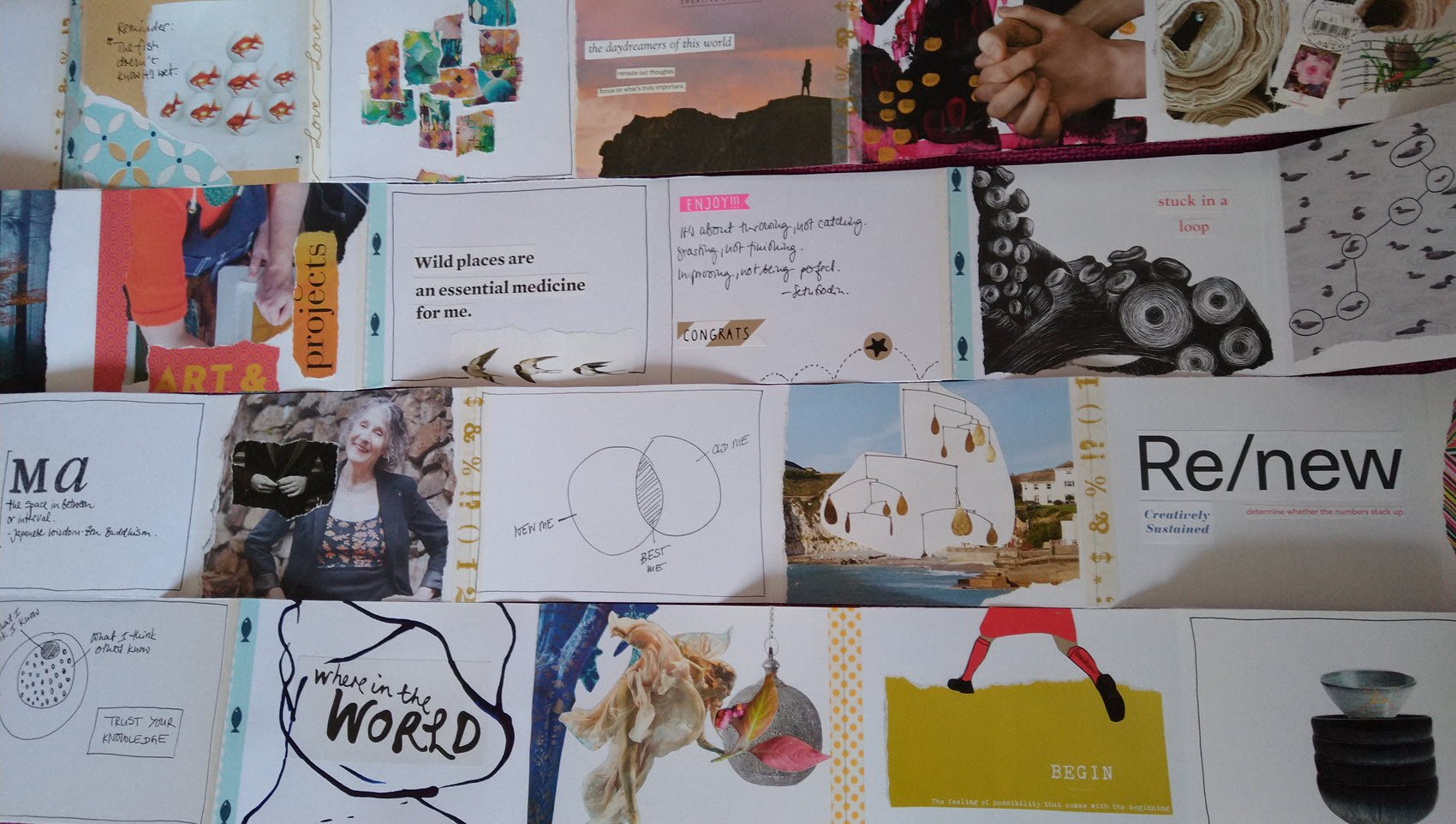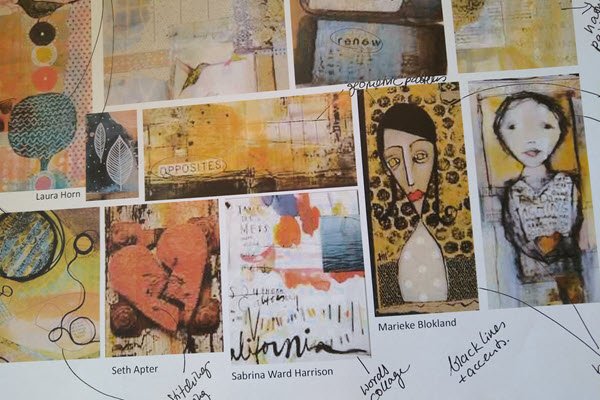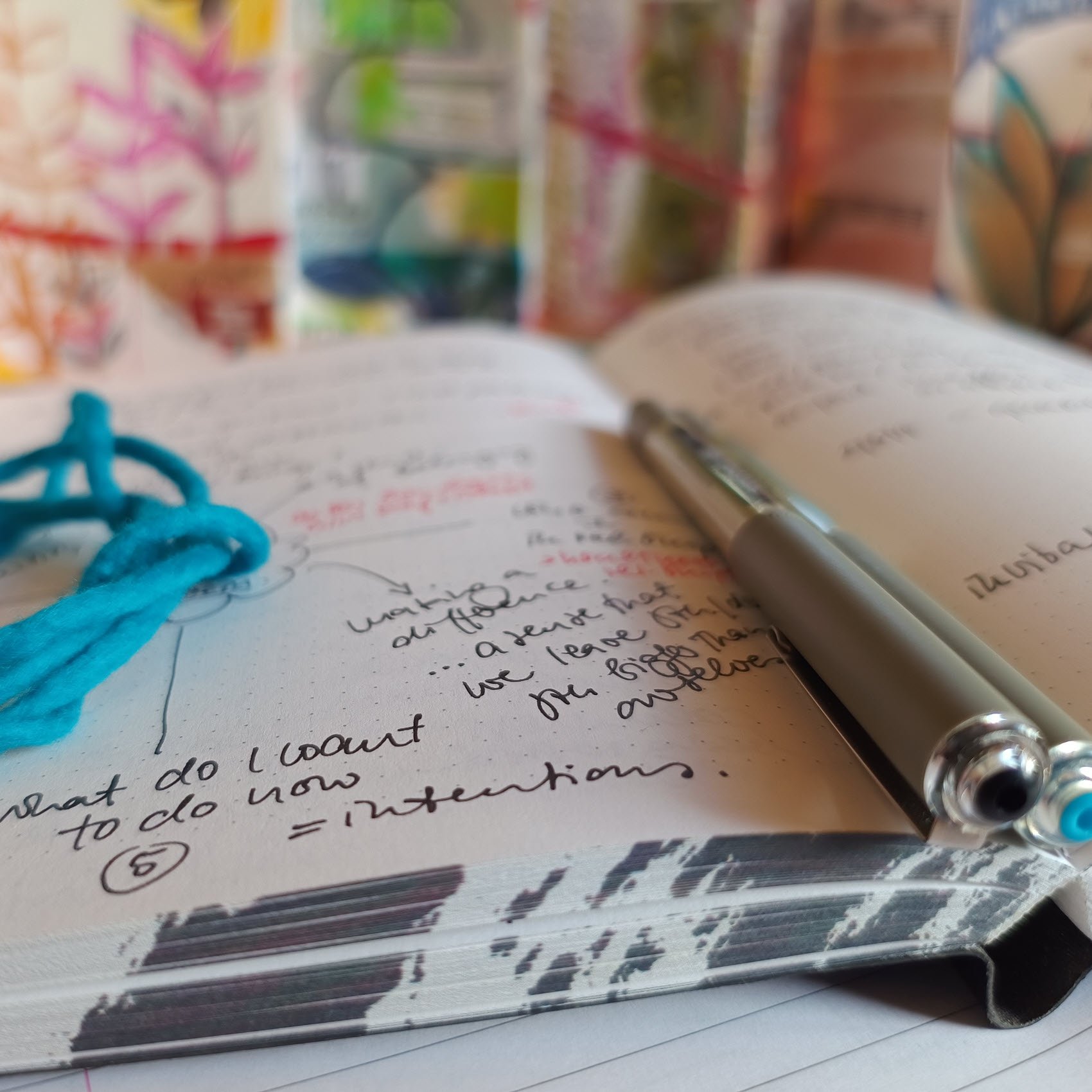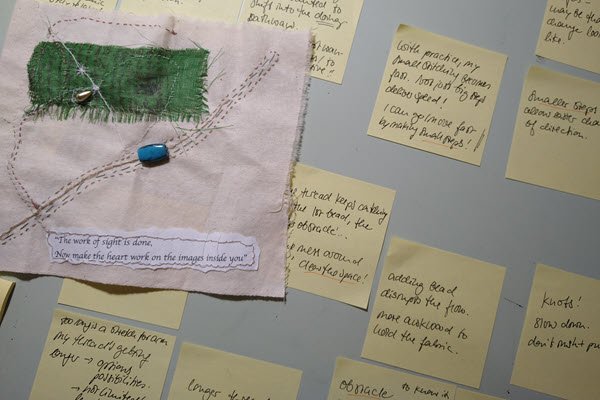On reflection…
I must have had at least three attempts at becoming a Morning Pages person. Without success.
For those unfamiliar with this technique developed by Julia Cameron: Morning Pages are three pages of stream-of-consciousness writing, your pen not leaving the page. Cameron invites you to write every morning, straight after waking up, before you fully engage with life.
I tried Morning Pages because I loved the idea of being a journaler and the idea of being a morning person. The reality though is, I’m not a morning person. Whenever I was writing Morning Pages, I felt pressured and rushed. Having to hit the page was simply not the right energy for my nervous system in the morning and didn’t fit into the rhythm of my days.
Another major stumbling block for my relationship with Morning Pages was that I really like writing and reflecting with intention and purpose. I didn’t like the feeling of my writing practice being a brain dump. I like to frame my practice with a theme or pick a specific experience that I want to unravel and understand better or differently. Morning Pages were too unstructured for me. I was forever writing in circles, getting nothing out of it. And while not everything is about output or achievement, human beings want to accomplish things. In the long run, I needed to get a sense of moving forward and gaining new insights.
Looking beyond Morning Pages, I came across numerous approaches teaching us how to reflect on who we are becoming. It struck me that most were offering a strict formula or set process, outlining exactly when and how I should reflect. My cynical part thought this might help selling workbooks or pre-printed journals…
It became clear to me that I needed to design my own practice.
What I have learned from designing my personal reflective practice
Find your own rhythm
First, I stopped being regimented about the ‘When‘. Whether early morning or before bed, fixed times felt like a straitjacket to me. Instead, I embraced the fact that a good practice had to fit into my life, rather than my life fitting around a prescribed process. I gave myself permission to experiment with times and frequency as well as allowing a more organic and therefore sustainable rhythm.
As you develop your practice, you’ll also learn to notice your rhythm.
When my brain starts feeling scattered, when my body gets fidgety or feels uneasy, when I begin to ruminate about a certain situation or encounter, I know I need to sit down for a reflective session with myself and explore what’s going on.
My need for reflection arises regularly, but not on specific days, at certain intervals or on key dates.
I have, however, become aware that endings are always a time when my need to reflect shows up. That includes the traditional end of the year reflections, but also when projects, courses or relationships come to an end. Aside from this, I’ll sometimes engage in my reflective practice on a daily basis, and then I can go for a few days or more without it.
Of course, some people love routine, habit trackers or the comfort of a defined and familiar process. It can provide predictability, and it may be easier to form a habit around a reflective practice that follows a set pattern. That’s why it’s so important to develop your own, because you will know what you find supportive and what can get too rigid or feel stale.
Be open to different reflective techniques
I know myself as someone who enjoys variety and likes trying new things. I knew I wanted to cultivate a reflective practice that combined writing with other ways of expressing myself: a practice that honoured
that I’m a visual person;
that I think well when my hands are moving and making stuff;
that I love how expressive images, colours or texture are;
that post-it notes are one of the best ways for me to bring order into my thinking or my life.
I’ve given myself permission to mix it up and experiment. When something no longer works or feels a bit tired, I let it go and bring in a new modality or use different thinking frameworks. I used, for example, The Progress Principle for quite a while and at numerous times in my life. I work regularly with the Map of Meaning®, but in everchanging ways.
Sometimes, my reflections are heavier on writing and words, other times they’re full of artmaking and imagery.
My practice right now has a few ingredients which are steady companions for me: found poetry, collage, writing, working with poems, mixed media work in altered books, travelling with a word for the year, using the Map of Meaning, a very messy, sticker and calligraphy-free bullet journal… but how these ingredients come together changes all the time.
I have observed that this process of substitution and renewal is cyclical.
I drop something, and leave it for a few weeks, months, years, and it usually comes back at some point. Then it gets re-integrated in my practice, until it drops out again… Therefore, my reflective practice truly wraps around my life, what I most need, what I have the capacity for. It’s a supportive scaffolding that can prop me up, not a restraint or just something else on a long to-do list.
Why should you have a reflective practice?
Because it’s good for you would be the short answer. But if you’re interested in cultivating a reflective practice you will by definition be a curious person and questioner, so the short answer doesn’t do it for you.
So, here’s one possible more elaborate answer:
“Reality is not made of parts but formed of patterns. There is nothing solid. There are no binaries. There is energy, change, movement, interplay, connection, relationship.”
If reality is made of patters, and I think that’s a persuasive idea, we need to have a way to spot these patterns as they repeat themselves. A reflective practice helps you do that. It helps you become more aware and grounded in the moment – only then can you see patterns, ways how you seem to be programmed to respond to certain challenges, circumstances or relational dynamics.
Once the pattern has been spotted, you can work with it. You can explore whether it’s an old pattern, a deep-rooted strategy, whether it still serves you, whether you want to change it and how. You can begin to gently shift out of patterns and write a new script for yourself.
If prescribed reflection doesn’t work for you either, I encourage and invite you to develop your own practice.
After years of trying to adopt other people’s reflective practices, I have now found my own rhythm.
If you feel curious, intrigued, in need or even ready to cultivate your reflective practice, join me in one of my Sensemaking Studio programs - each program is a 4-month reflective practice with a small group of like-minded Sense Makers.
In each Studio group, we’ll focus on a specific modality, theme or framework to shape and cultivate a personal and sustainable reflective practice.
We’ll work online and I encourage some arts-based processes, without a need to see yourself as a creative or artistic person.
We’ll have the opportunity to work in a deeply personal way and enjoy the support and care of being in community.
Sensemaking Studio is the place to shape a reflective practice around your needs, interests, time constraints, and life rhythm.
For 2025, I have currently two options, one focusing on meaning and the other on creative reflections.
Find out more… here:
You can also sign up to my Newsletter to receive your free guide to found poetry, one of my favourite ways of reflecting.
On my website, I share a lot more about reflective coaching.
